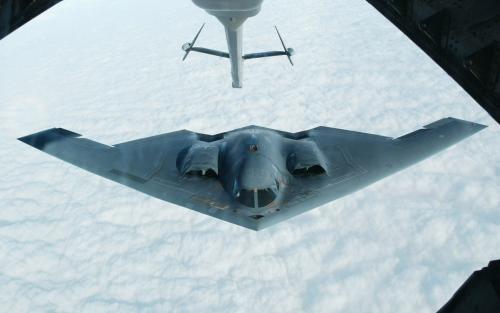The critical challenge for the United States and its Coalition partners in Iraq will be to stabilize the security situation in the next two years while simultaneously continuing to maintain and build the underlying structures that are needed to promote stability and security in the long-term. U.S. policymakers must bear in mind that there are three inextricably linked tracks of reform: security-sector, political and economic. While improving the overall security conditions and building an Iraqi security sector are necessary elements in ensuring short and ultimately long-term success in Iraq, the process of reforming the security sector cannot proceed in a vacuum. It requires a coordinated effort that goes beyond security strategy, an effort that cannot be separated from political development and economic reconstruction. Continued and successful reforms in all these areas will require more specific and closely tailored efforts at building capacity, enhancing effectiveness, and encouraging genuine democratic practices within security structures.
American strategy in Iraq is designed to achieve two primary goals: first, the withdrawal of most U.S. combat troops during the next few years; and second, a free, democratic, stable, and secure Iraq that is able to defend itself from external threats, without posing a threat to her neighbors or becoming a safe haven for terrorists. Security sector reform is an important means of reaching both of these goals. While it is important that security sector reforms enable the United States to realistically transfer power to the Iraqi authorities, ultimately the rebuilding of the Iraqi security sector cannot be separated from political development and economic reconstruction. The successful transition to democracy depends upon the state possessing modern, capable security forces, ministries and supporting institutions that are geared to protecting and serving the people and their freely chosen government.
The long-term goal of political stability also requires a security structure that will strengthen democratic institutions and practices so that U.S. troops will not have to return to take over a failed state in Iraq a decade from now. The best way for U.S. policymakers to encourage this process is to ensure that security reform is closely coordinated with the often-volatile process of democratic transition and its associated political and economic reforms.
The values of pluralism, transparency, democratic direction of civil-military relations, and state control over the armed forces need to be instilled in Iraq. An indispensable element of a reformed Iraqi security sector is the systematic inculcation of the legal, regulatory, and institutional principles that govern the security sector in liberal democracies. Unfortunately in Iraq, these reforms are incomplete or have suffered form an ad hoc implementation.
The Brookings Institution is committed to quality, independence, and impact.
We are supported by a diverse array of funders. In line with our values and policies, each Brookings publication represents the sole views of its author(s).



Commentary
Rebuilding and Reforming the Iraqi Security Sector: U.S. Policy During Democratic Transition
July 1, 2006